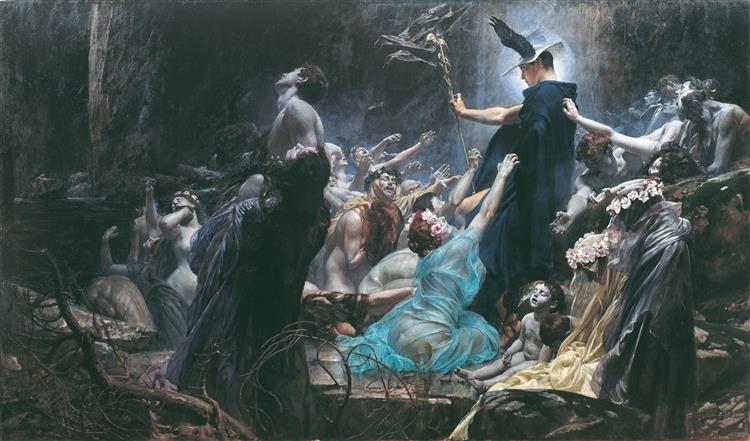My background music choice has always been classical music; however, I have noticed that a moving sonata or symphony in the background distracts me from the mundane task at hand.
Recently, I have begun playing electronic DJ music streams. I don’t know what the genre and subgenres are called officially, nor do I care. What matters is that the “music” on these streams is reliably monotonous enough to not be distracting yet lively and rhythmic enough to keep me focused on my on-screen work. In other words, DJ streams appear to be the perfect background music for working, at least for me.
Of course, that doesn’t mean that all DJ streams are non-distracting. Case in point, the link below. Note: it was the video accompanying the music, not the music itself that veered my mind off work for nearly an hour.
Featuring a DJ named Marsh aboard a narrow-gauge steam train called the Snowdonia Star as it makes its way along the Welsh Highland Railway in Northern Wales, the video captures the most pleasing and alluring landscape I have seen in a while
I have never been to Wales and had no idea the Welsh countryside is so beautiful.
The scenery is charming, exquisite, and breathtaking throughout. Worth a peek even if, like me, you find DJ music to be less than...well, less than music...



 RSS Feed
RSS Feed

